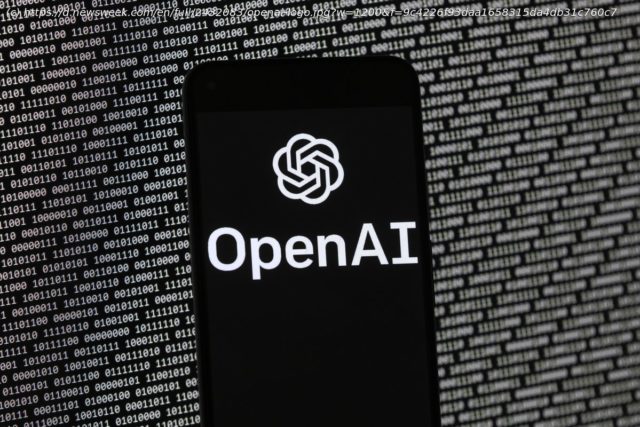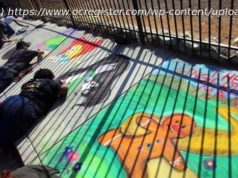It would be naïve to think that OpenAI would not cozy up with the government.
OpenAI recently announced the appointment of retired General Paul Nakasone to its board. This marks a major shift in the company’s alignment toward national security issues, a development that should concern us all.
Tasked with advising on safety and security, Nakasone’s influence signals a deeper integration of OpenAI’s interests with those of the U.S. government. This development is not an isolated incident but rather a continuation of a well-trodden path by tech giants like Amazon, Google, and Microsoft, who have increasingly aligned themselves with governmental and military agendas under the guise of «security» and «keeping Americans safe.»
These platforms, once lauded for their potential to democratize information and connect the world, gradually transformed into tools of surveillance and control. With OpenAI, the trajectory seems alarmingly similar.
Initially focused on cybersecurity and public safety, OpenAI’s collaborations with government agencies are poised to deepen. Advanced artificial intelligence (AI) systems, originally intended for defensive purposes, are likely to evolve into tools for mass surveillance. Under the pretext of combating terrorism and cyber threats, these systems could monitor citizens’ online activities, communications, and even predict behaviors. This encroachment into privacy will likely be justified by calls to protect national security. OpenAI will likely capitalize on its data analytics capabilities to shape public discourse. In fact, some suggest that this is already occurring.
The embrace between Big Tech and Big Government is growing tighter with each passing day.
Consider the following: A damning April 2024 Costs of War report revealed staggering figures, with U.S. military and intelligence contracts awarded to major tech firms worth at least $53 billion combined from 2019-2022.






